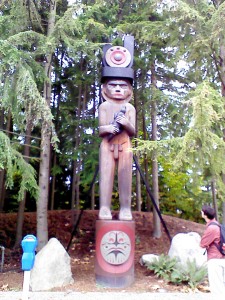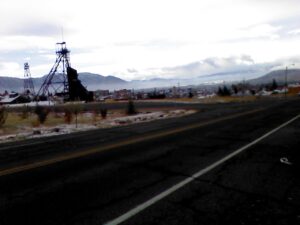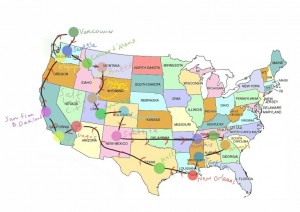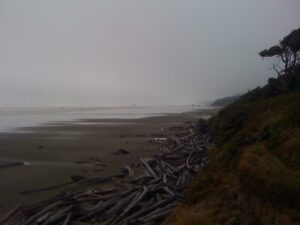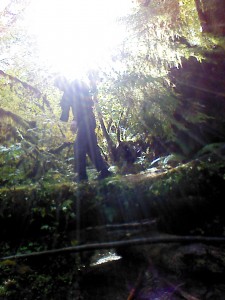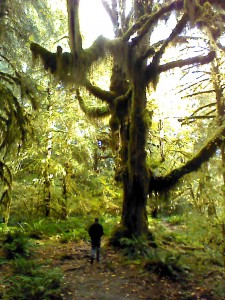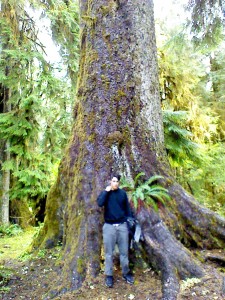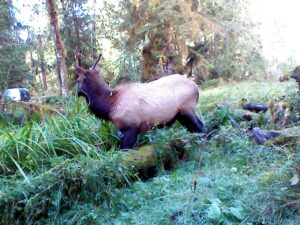Butte
We thought we would stay a night but stayed three, and didn’t want to leave.
We stayed with Carly and her son Miles. Carly is interesting and funny and relaxed. She even makes being mum look effortless, although maybe she will un-friend me on facebook for saying that. She can’t take back the delicious meatloaf she made on our last night though. Ha!
Miles is really cool and five years old and he basically just wants to have a good time, and so he does.
Butte is gorgeous, although many Buttians seemed to find this a strange way to see their town. Perhaps to them the crumbling old buildings, sagging balconies and squeaking porches make the place feel run down. Or maybe all the old gallus frames perching astride abandoned mine shafts, dismantled hills, and piles of grey rock at the edge of town seem bleak to them.

Not to me though. Butte is a charmer, even if a little lived in. I prefer tables with constellations of burn marks and cup rings, if you see what I mean.
Butte wears its history on its sleeve, and the people are generous, and they tell you what they think. It is about a hundred and fifty years old, which is around nine hundred in European years.
Buttites still very much identify as Irish, for most of the miners were Irish immigrants, and St Patrick’s is legendary there. It is the only place in the States where you are allowed to drink in the street.

It’s greasy spoon cafes are really traditional. They are so nice that I am tempted to eat in them every day until I die.
The following history of Butte was assembled from talks we had with the following characters:
1. A boss-eyed amateur historian and living Butte-a-pedia who runs a shop full of trinkets and homemade t shirts.
2. A guy who came to fix Carly’s cable, who incidentally has a truly brilliant claim to fame: at school he beat up Evil Knievel’s son – the Knievel’s being residents of Butte, and the son being a spoilt bully.
3. A Scottish guy who moved to Butte because his sweetheart is a Butte-er, and together with her is building a house out on the edge of town by the drive-in cinema.
As such it is an oral history not a book history, so don’t come to me with corrections.
Butte was already a profitable mining town from healthy deposits of just about every mineral known when everyone started wanting telephones and lights everywhere, and they desperately needed Butte’s copious supply of electricity-conducting copper.
Butte was a bustling metropolis before any other place out west was really a place. “Butte IS Montana!” claimed the cable guy. “This country was built on the back of Butte” mused the boss-eyed historian.
Today there are around 40,000 people here, but there were 100,000 during the boom.
The miners were not unionised in Butte. To avoid the difficulties of an organised workforce the mining companies paid them $3.30 a day, where elsewhere miners got $1.60.
The town was full of relatively prosperous miners then, and an elite of extraordinarily well off bosses. As a consequence it was the biggest gig for plays and cabaret acts outside of Broadway. Charlie Chaplain came to Butte. He reported his stay very tiring. You had to do three shows a day – one for every shift down in the mines.
When he wasn’t on the stage, being who he was, he kept himself busy in Butte’s famous red light district.
The various mining corporations had a war for control of the town. ‘The war of the copper kings’ involved intimidation, arson, assassination, militias, and many tedious court battles.
Eventually one family won the day, and then Butte was run by a single corporation.
By this time the miners had seen fit to unionise, as had just about everyone else. Even the sex workers were in the union. Apparently there was some debate about where among the Byzantine network of groups and sub-groups to put them, this being a time when prostitution was tolerated, even encouraged, but never spoken of.
In the end the sex workers joined the seamstresses, “after all”, it was said, “they too make alterations”.
The last brothel closed in 1985.
The people won various historic battles with the corporation. Notably, after the discovery of rich deposits directly beneath the town, the saving of Butte itself.
They lost many too of course. One morning Butte awoke to find a beloved union man hanging from the railway bridge by his neck. Pinned to him was a plaque bearing the figures 3,7,7.7; the dimensions of a coffin.
The militia who protected the bosses interests continued using this sinister calling card, and today the number is still found on state Police vehicles, for it was the very same militia who eventually became Montana’s official law enforcers.
The people’s sorest loss in these disputes was perhaps Columbia Gardens. Columbia Gardens was the people’s theme park. Built by one of the early mine owners it had a wonderful wooden rollercoaster and a little zoo.
Happy workers must have their circuses, but the corporation wanted close this one because they had sniffed out some mineral treats underneath it. There was an uproar from Butte at the suggestion. The corporation relented, but then, ‘mysteriously’, the place burnt down.

Now, on the spot where it once stood, there is a great open caste mine, half full with water. Berkeley Pit is the most polluted body of water in the states. It is slowly filling up, and if they cannot clean it by the time it raises enough to get into the water table, Butte will be poisoned.
A recorded message that jumps from a speaker at the viewing platform above the pit assures you this won’t happen.
Let’s hope it is telling the truth because Butte is one of the best places we have come across. We wandered around, learning these things, eating, and looking in strange shops.
Every night I told Miles stories and once he went to bed we got wrapped up in blankets and watched Zombie movies.
It was as good as it sounds.















